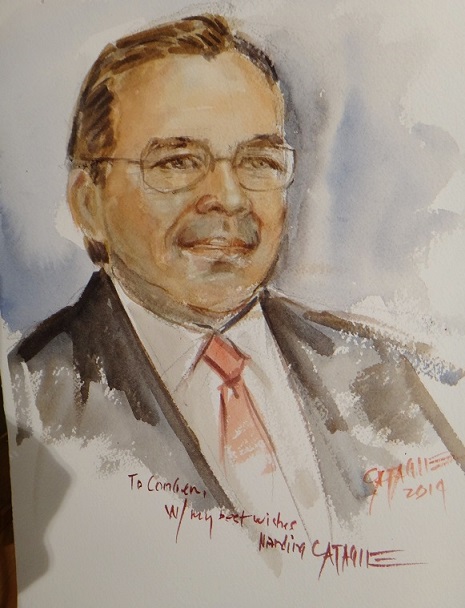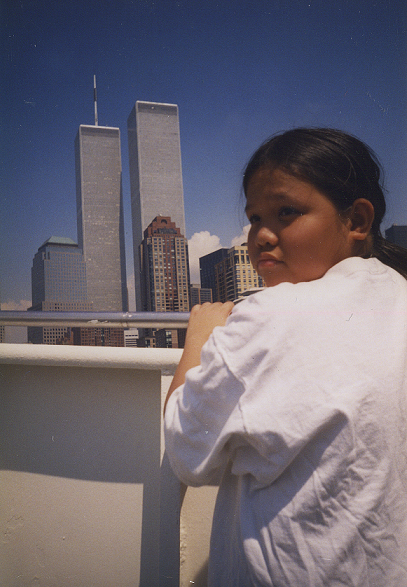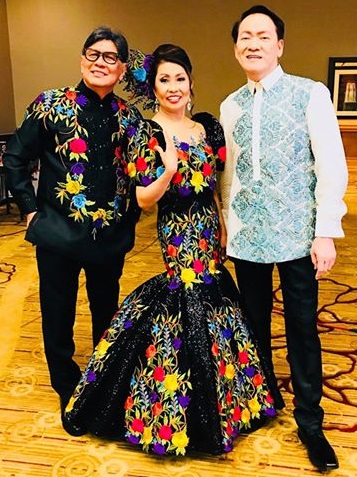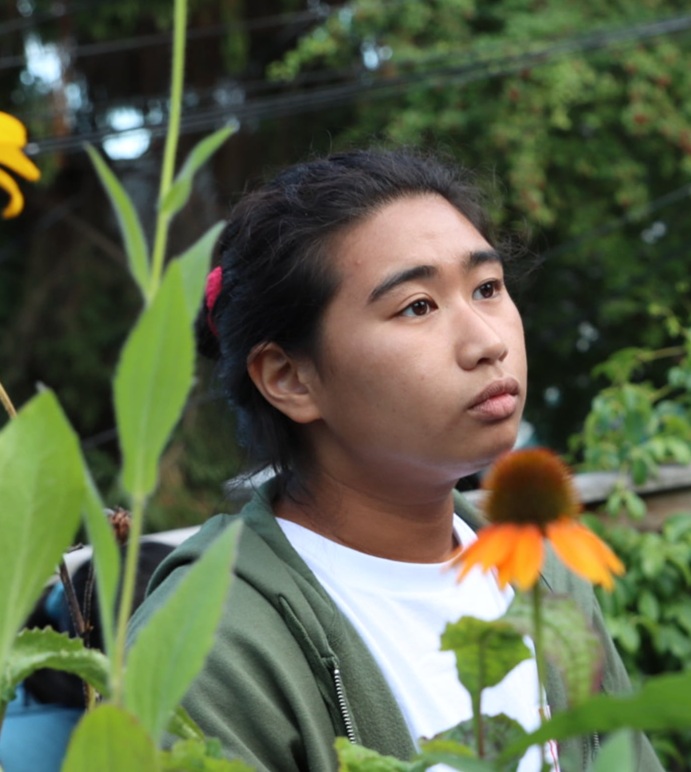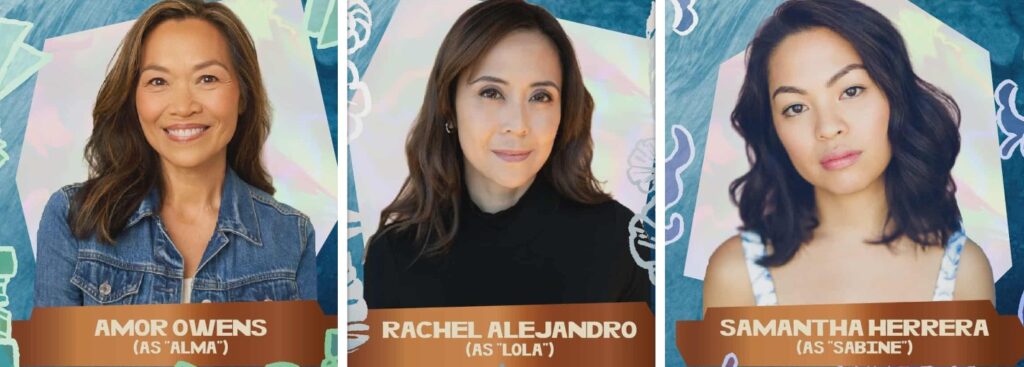‘Diwata:’ A Filipino American folktale
By Shea Formanes
“Diwata” is a 20-minute short, live-action fantasy drama that centers the coming-of-age story of an 80-year-old Filipina grandmother and the spirit of her 15-year-old granddaughter, who drowned years earlier.
A modern retelling of Filipino mythology, “Diwata” captures the pain of being forgotten and the joy of being found. From generational divides, to the lack of Filipino representation in film, “Diwata” centers how the love felt by an unconventional Filipino family can break and put them back together.
In Philippine mythology, a diwata is a nature spirit, often associated with forests, mountains, and bodies of water. Due to Spanish colonization, depictions of diwatas have evolved into kind, benevolent guardians and protectors.
Lola lost her heart to the sea
A retired neurologist and Filipina immigrant grandmother, Lola has spent her entire life living for others, only to be tossed aside. Her jaded reality makes her believe that there is no magic in the world, even though she’s long suppressed her ability to see it.
The only person Lola lives for is her headstrong granddaughter, Sabine, with whom she spends time exploring the beach by their house, their only safe place away from everything. Together, it’s the two of them against the world.
Then Sabine drowns at the beach she loved. And Lola’s life turns upside down. For the next five years, Lola blames herself for failing to save Sabine. Now living without a purpose, Lola resigns herself to being emotionally and financially-abused by her extended family.
Things come to a head at her 80th birthday party, when a fight pushes Lola to finally break free from her toxic family and run away, seeking out the counsel of her best friend, Alma, a local librarian with a secret affinity for magic. Urging Lola to take her life back, Alma tells her of a way to summon Sabine for a day.
When it comes to Asian and Pacific Islander (API) representation in Hollywood films, Filipino and Filipino Americans are one of the least represented communities in an already-underrepresented demographic. According to the USC Annenberg Inclusion Initiative, Filipino and Filipino Americans consisted of approximately 6.1% of all actors represented in mainstream Hollywood films released in 2021. By 2023, Filipinos made up about 19% (4.6 million people) of the total Asian population in the United States. Out of those 4.6 million people, over 47% were Filipino immigrants (Pew Research Center).
As the eldest child of a Filipina immigrant and first-generation Filipino American, I never saw my culture or community represented on- or off-screen. In the rare times that I did, Filipino and Filipino Americans were usually portrayed in a stereotypical manner: they were the nurse; the supportive, nerdy best friend; the caregiver, etc. Likewise, in mainstream Hollywood films, Filipino and Filipino Americans filmmakers, writers and directors are rarely given an opportunity to share their stories or artistic visions.
“Diwata” is about an unconventional, multigenerational Filipino family not related by blood: Corazon, an elderly Filipina grandmother (or “Lola”); Sabine, Lola’s Filipino American, teenage granddaughter who was raised by her grandmother after her biological parents abandoned her; and Alma, Sabine’s ninang and honorary family member who holds the unit together. Over the course of the film, we show the complexities within Filipino familial dynamics, and the power that Filipino communities have in supporting each other through love, laughter and genuine empathy.
A first-generation Filipino American, Shea Formanes, 24, is a Seattle-based writer/filmmaker from New York City. A Dean’s Medal nominee from the University of Washington, Shea writes genre-bending stories of complicated families from BIPOC and LGBTQIA+ communities. “Diwata” was a finalist for the 2025 Julia S. Gouw Short Film Challenge through CAPE and Janet Yang Productions, and won the Grand Jury Prize for Best Short Film Screenplay at the Nevada City Film Festival and Imagine This Women’s International Film Festival, which is set to release Summer 2026.
Here is the link to support the film: https://seedandspark.com/fund/diwata#story





